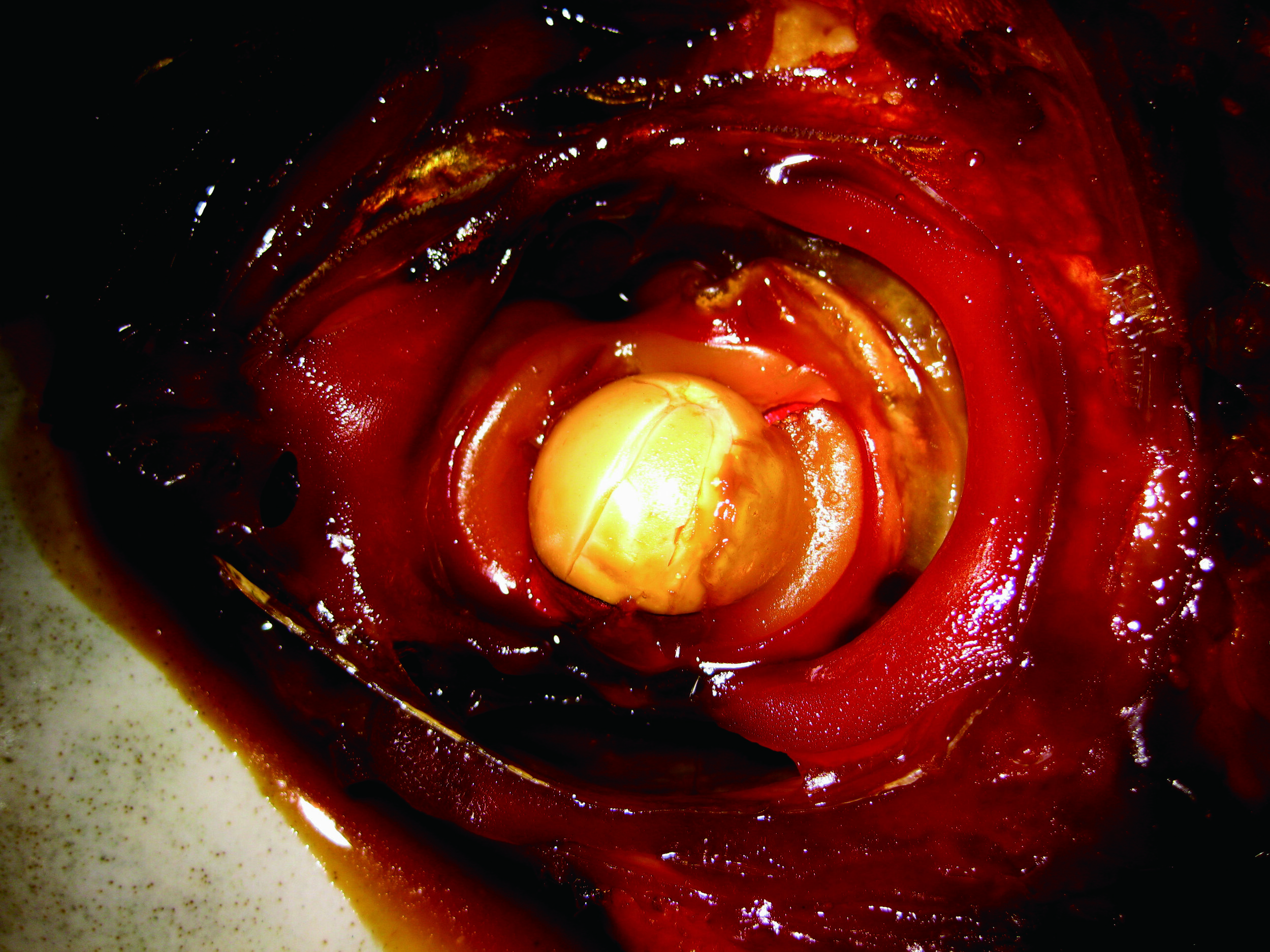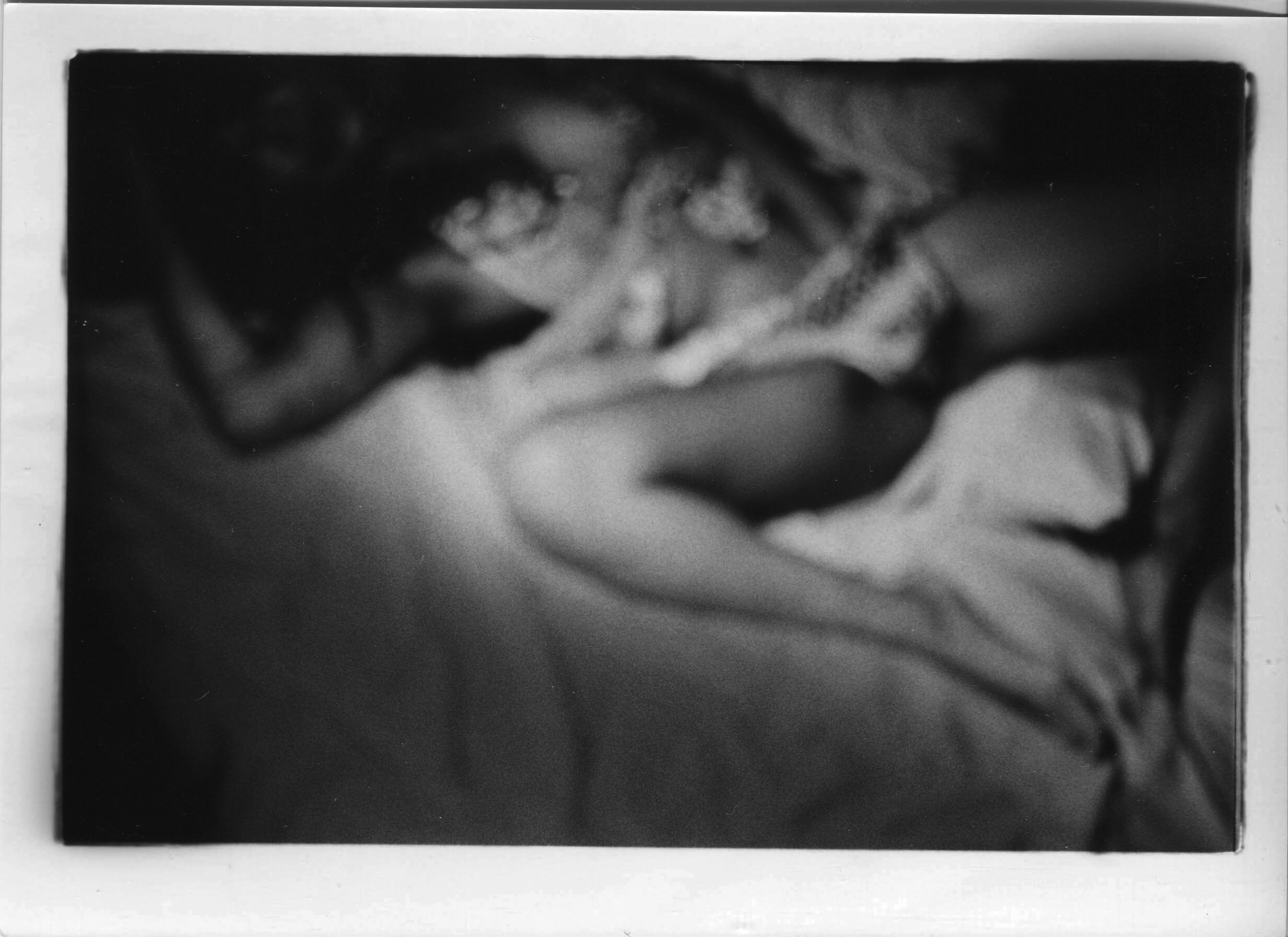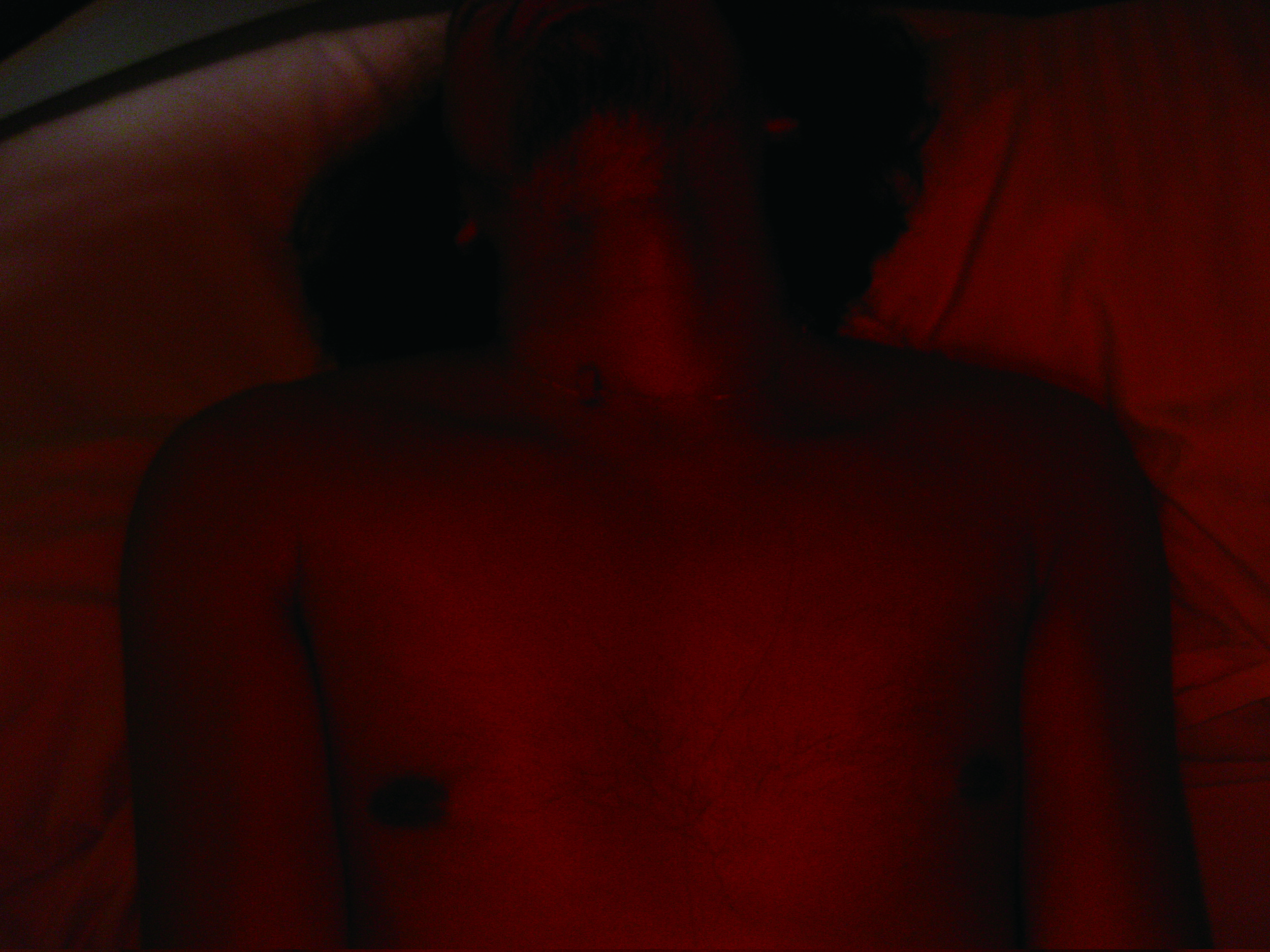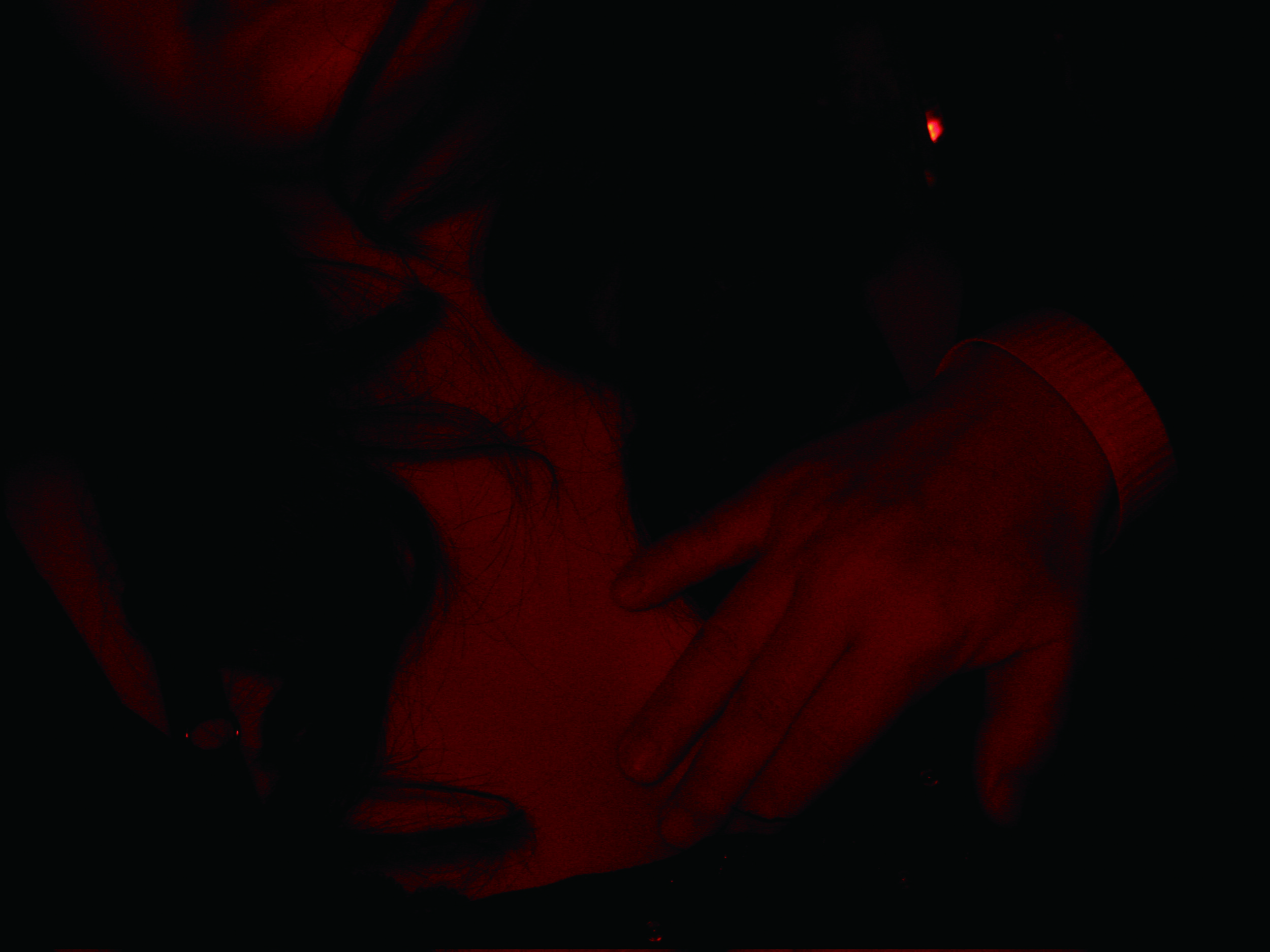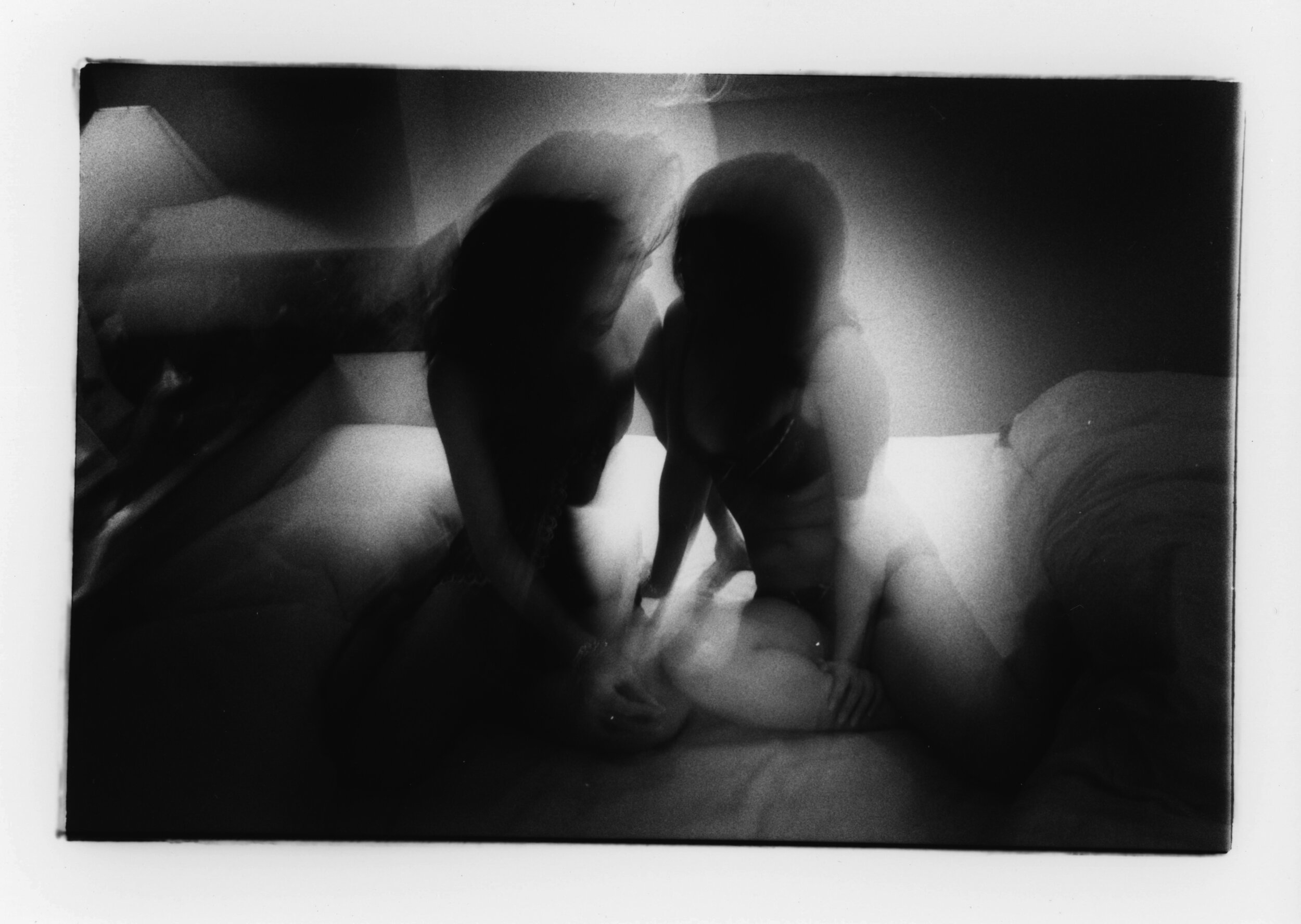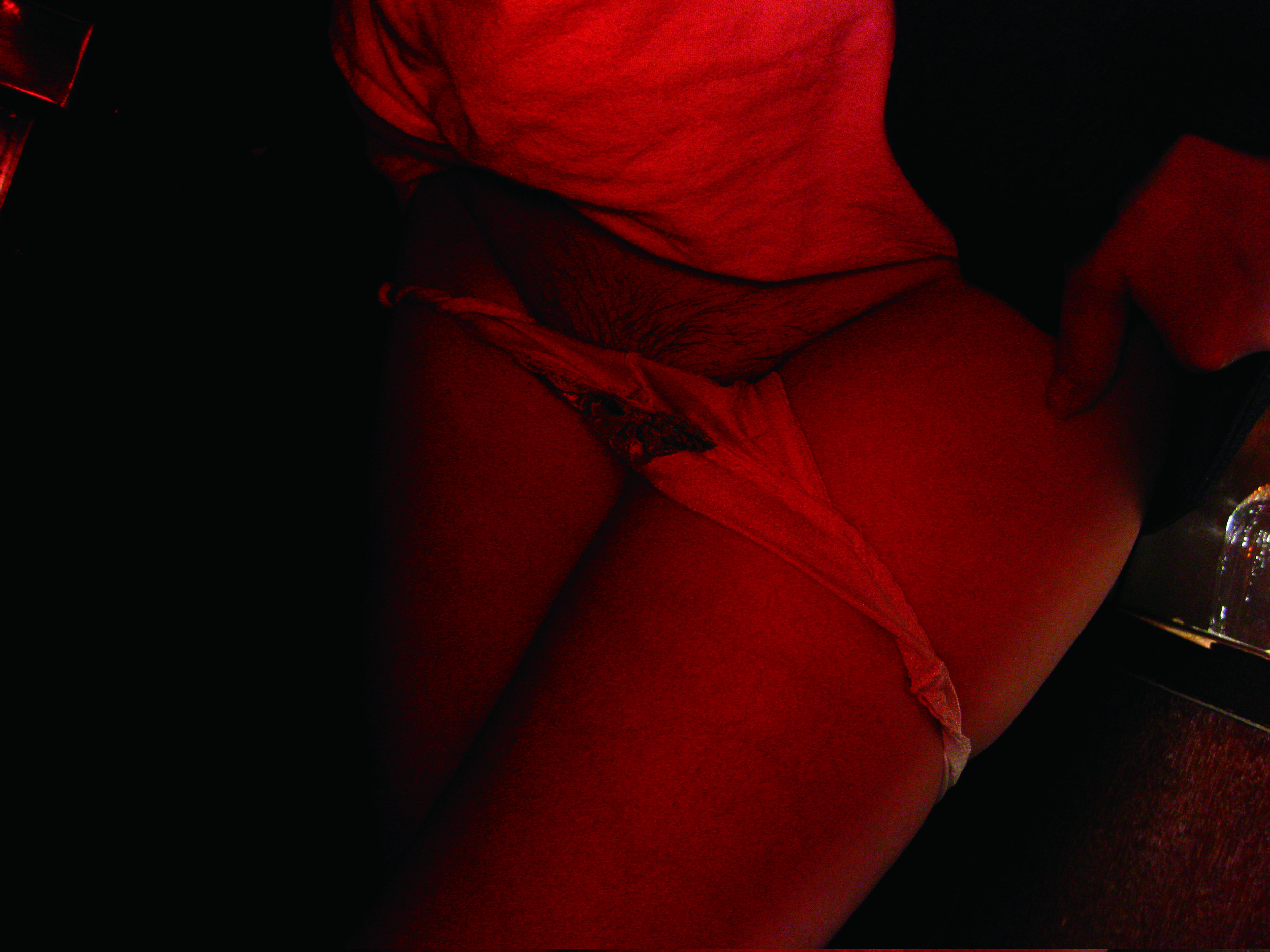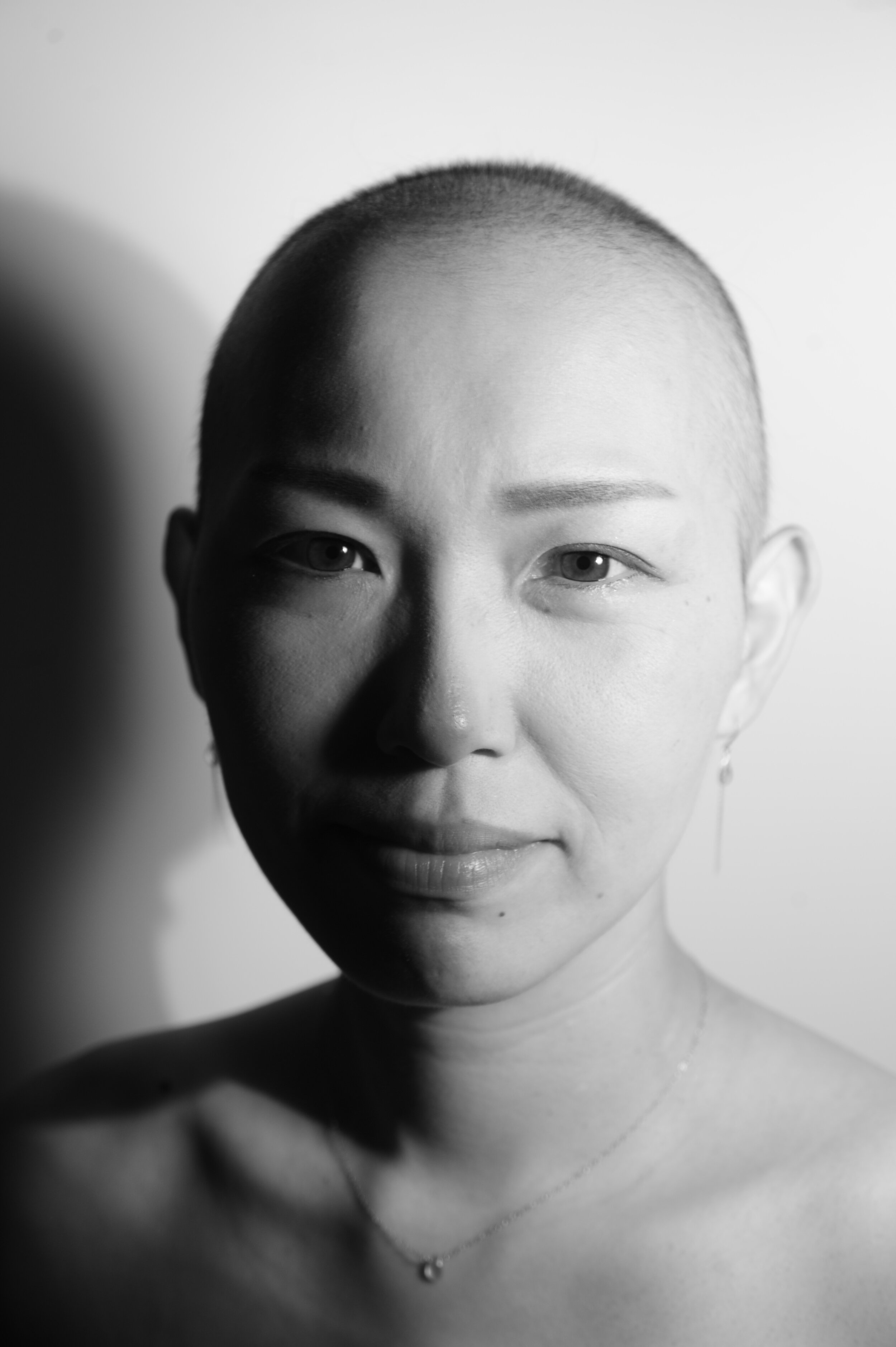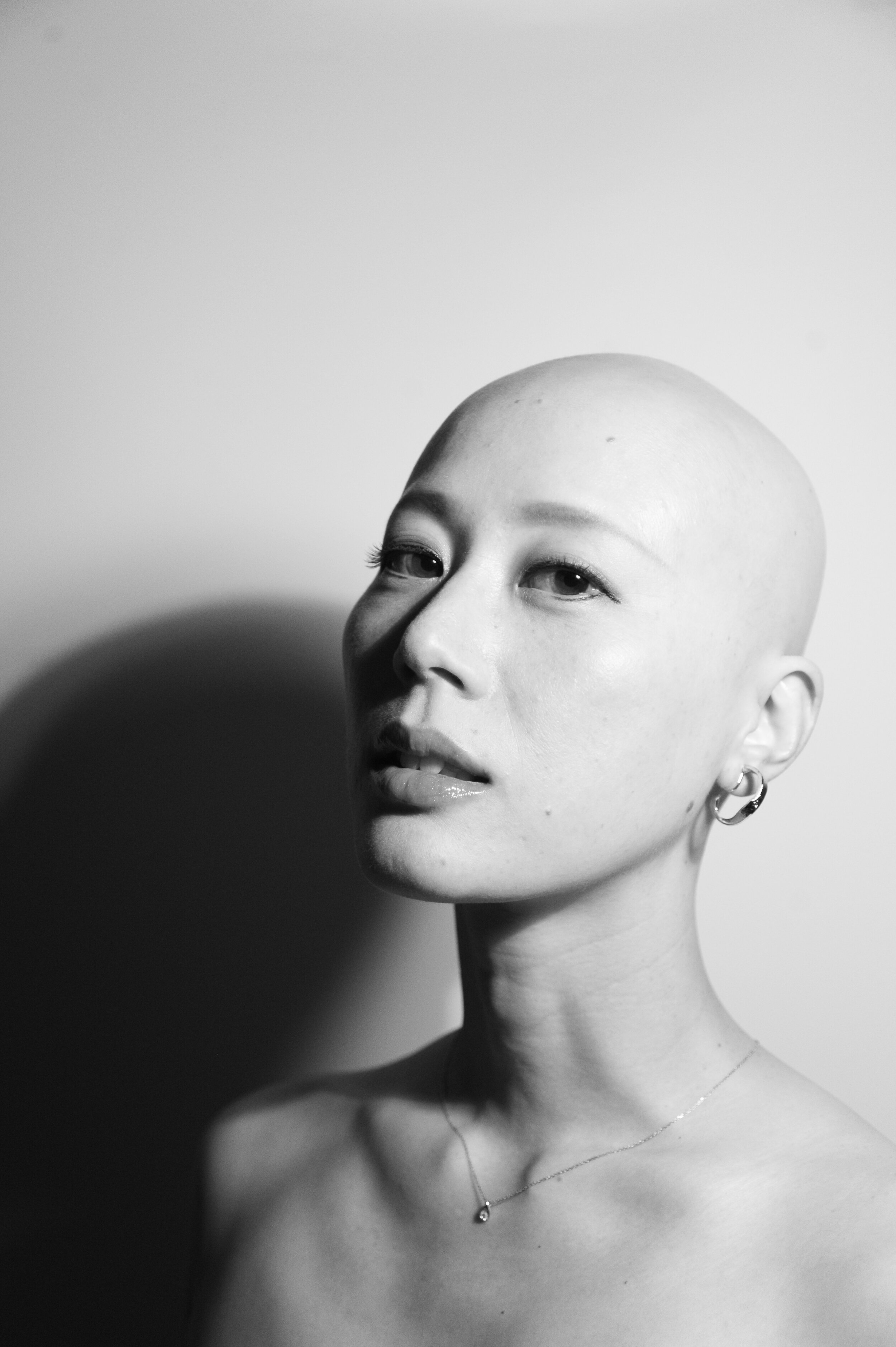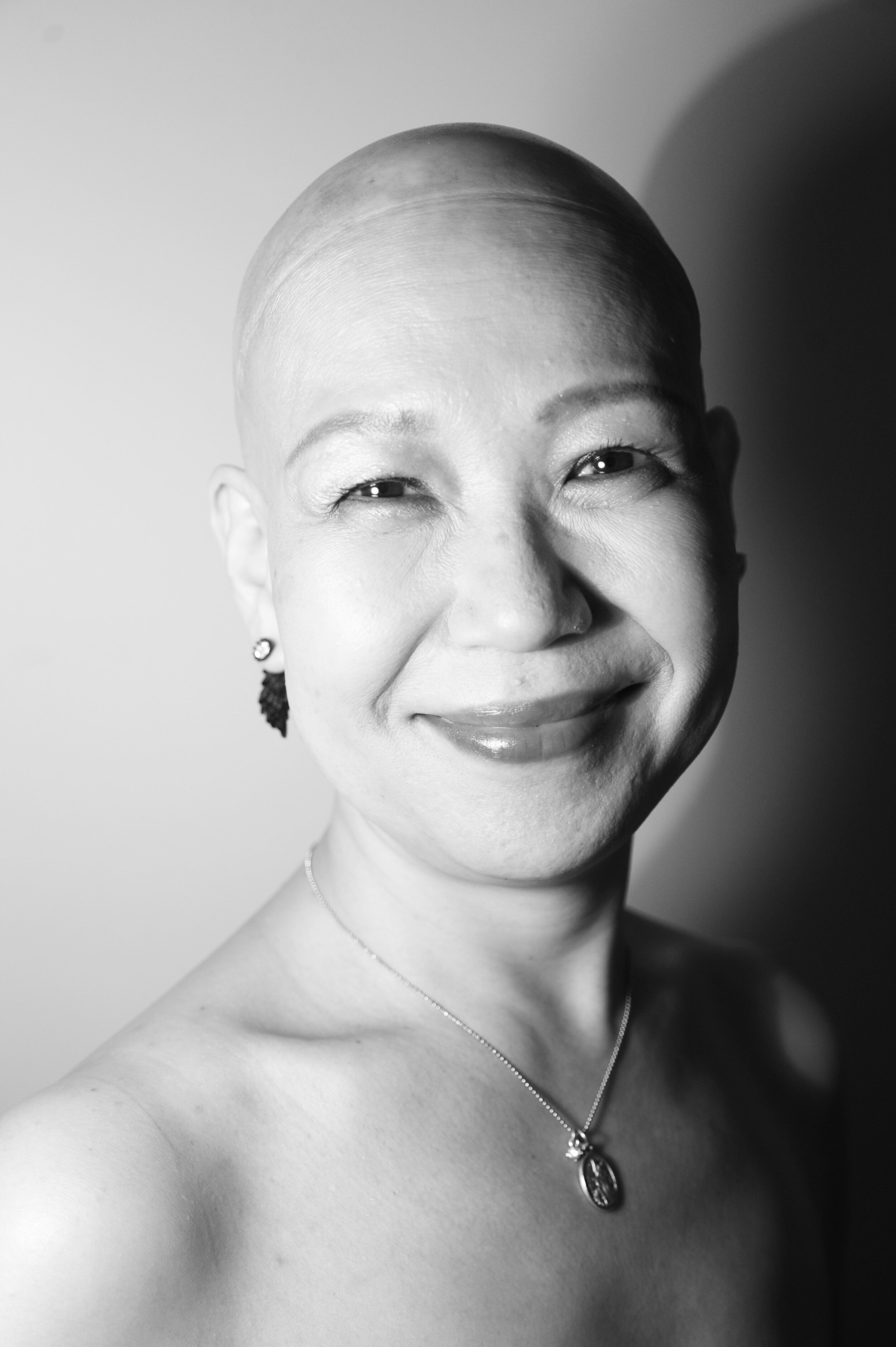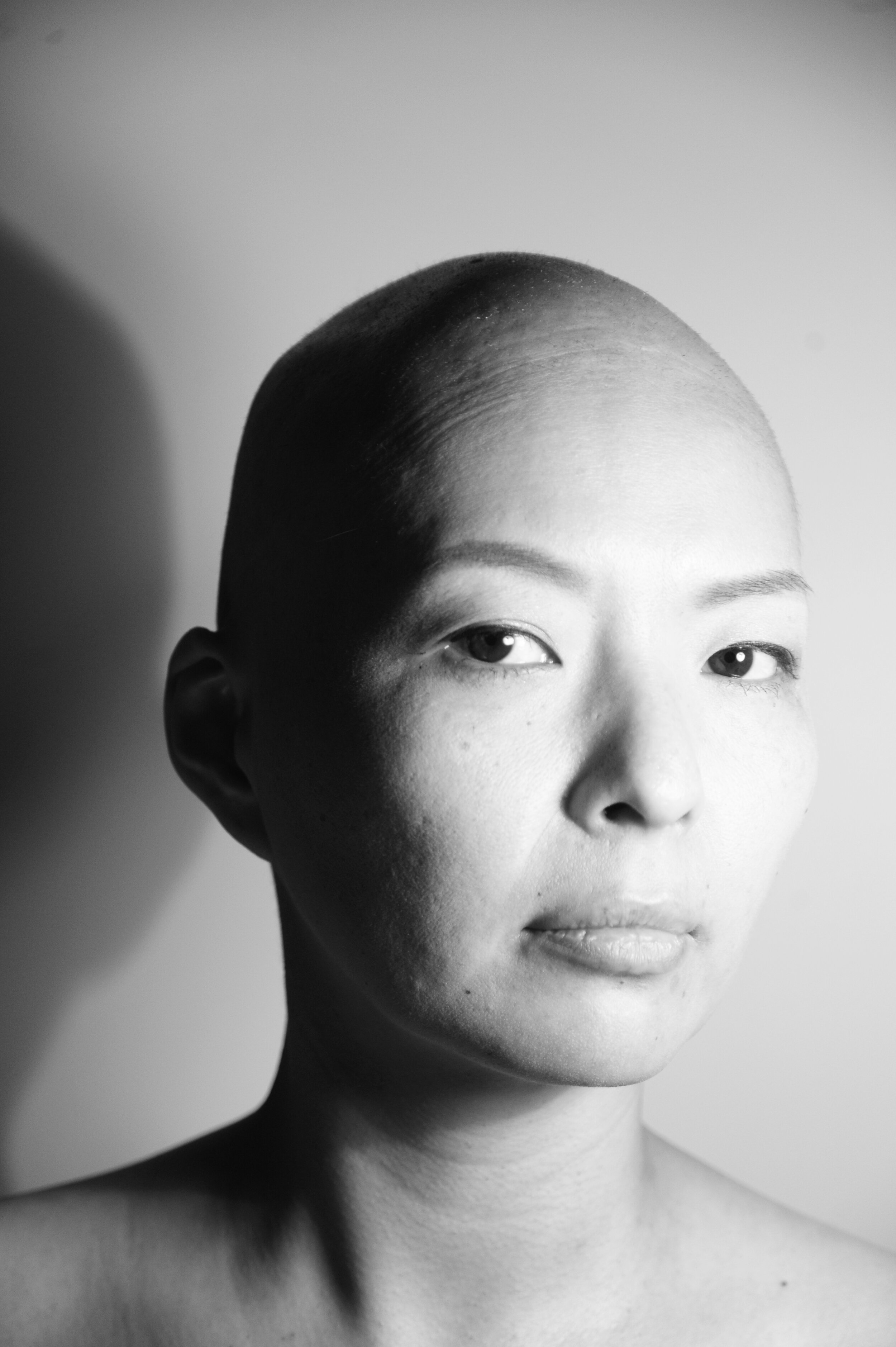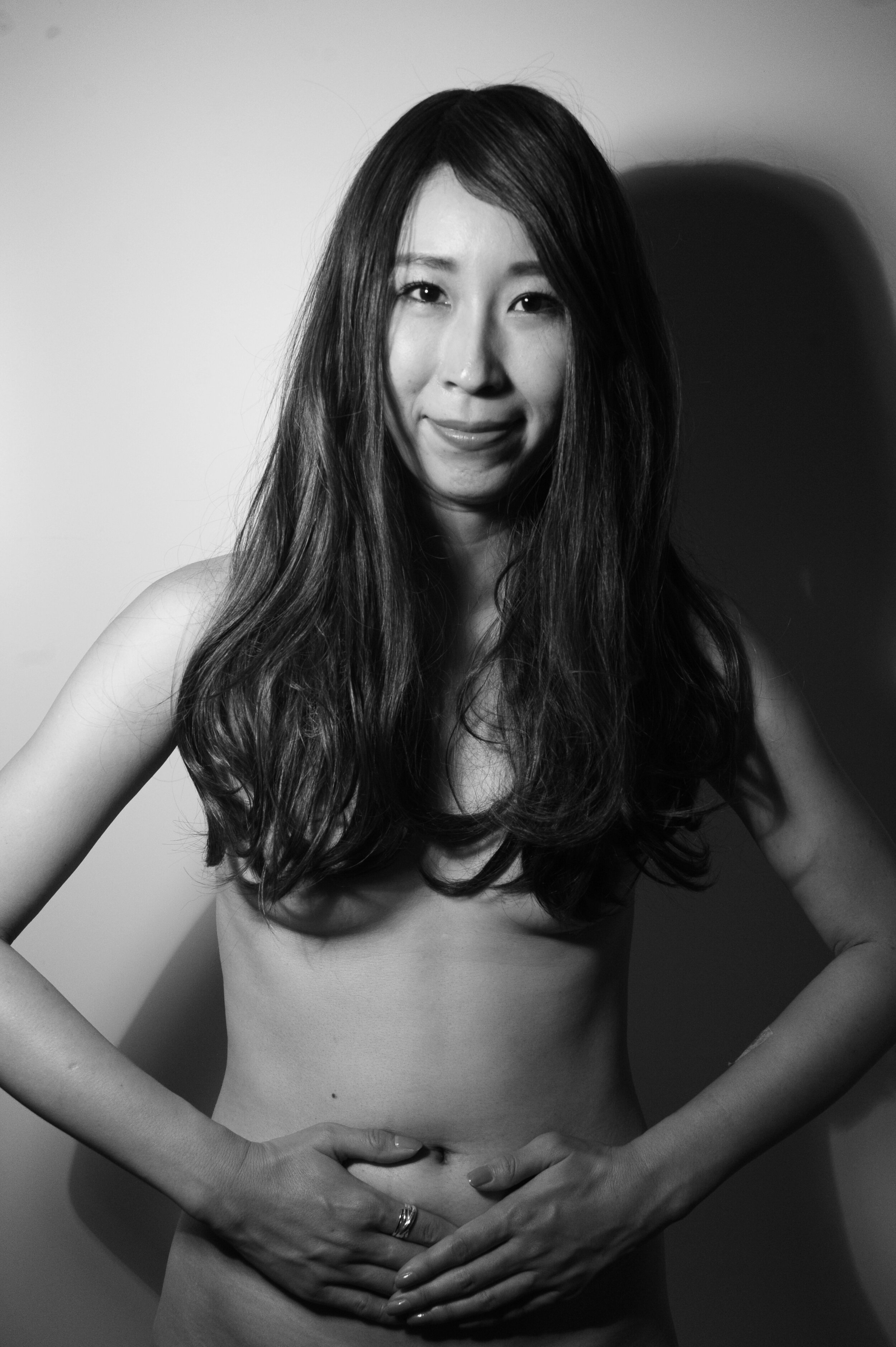Feelings of Despair and Madness: An Interview with Hideka Tonomura
Feelings of Despair and Madness
Interview by Julian Lucas
I can not show enough respect for photographer Hideka Tonomura. I've been following her work for a few years now. After hearing about her photographic project, Mama Love, I was fascinated to gain further insight into the thoughts and feelings of capturing love, in its most sacred and tabuistic state.
I have been following your work for quite some time now. I learned that while you were in school you initially studied broadcasting and film. You later changed your focus to art and photography. As a spectator, I feel your work is very storytelling more so than documentary and beautifully cinematic. Do you feel there is a direct correlation between both fields of study? What films have you completed?
I mainly made family documentaries with 8mm films. My family was under the
dictation of my father’s violence for a long time. I don’t remember speaking with my
father at all. With my camera, I tried to talk to him. The work was called, “Light within
the Heart of Darkness”. I still keep it with me.
Ever since I was a child, I always visualized my times with my family inside my mind as videos and viewed them in a third-person point of view.
The medium I used to make my artwork has changed, but the way I visualize videos in
my mind has not changed at all. What is completely different is the “times” captured with photography and videography become permanent. My photographs are showing the eternity of the “current” reality — such reality does not belong to the past or the future.
Was there an intriguing moment that influenced you to begin working within the photographic
medium?
Due to some circumstances of my surroundings, I couldn’t take videos for a period of
time and at that time I realized that I could use photography to confirm what’s going
on inside my mind. I photographed my mother in nude and that was a turning point.
When I looked at those developed photographs, I saw a time frame that is unique to
photography, that is why I continued to make works with photography.
They Call Me Yukari © Hideka Tonumora
Sexuality and women seem to be the point of convergence in many of your projects, what interests you about photographing both? Have you ever completed a study of men and sexuality?
I don’t really divide sexuality with women and men. I am a woman. As long as I am a woman, I cannot escape from being one. Even though I am a woman, I found that women are full of mystery, like how they would be called “perfectly made devils” sometimes. The first time I had the urge to photograph female was because of my mother, so I can say she was the starting point for me to photograph women. From my personal observations, the demon, the Sutra, the Bodhisattva and the Holy Mother exist in women and that deeply intrigues me, so I want to find out more about them.
Intimacy is a fundamental element of our lives, what were your feelings when you began the series, Mama Love? Did your series began as a project? Or just a random idea? How was this body of work accepted among your peers?
When something happens that triggers your instinct as a photographer, don’t you want to capture that? My mother’s affair was an act of sudden revenge because she was suffering from my father’s violence for a long time and also had stage 4 stomach cancer—she wanted to retrieve her own self as a woman. I was there to witness the affair so I became her accomplice. But what I found was the love between me and my mother in the photographs. For the first time in my life, after looking closely at the photographs, I realized that I am loved by my mother. The photographs bare a witness to the moment that I accepted my mother as a female and the female as a mother.
Have you ever photographed your father being violent?
My father was not violence against the body, but violence of verbal violence and domination. Of course, the furnishings in the house and my personal belongings were destroyed. And we destroyed the hearts of our families. But I don't hate my father. He was also an orphan. People don't know how to love people without the memory of being loved.
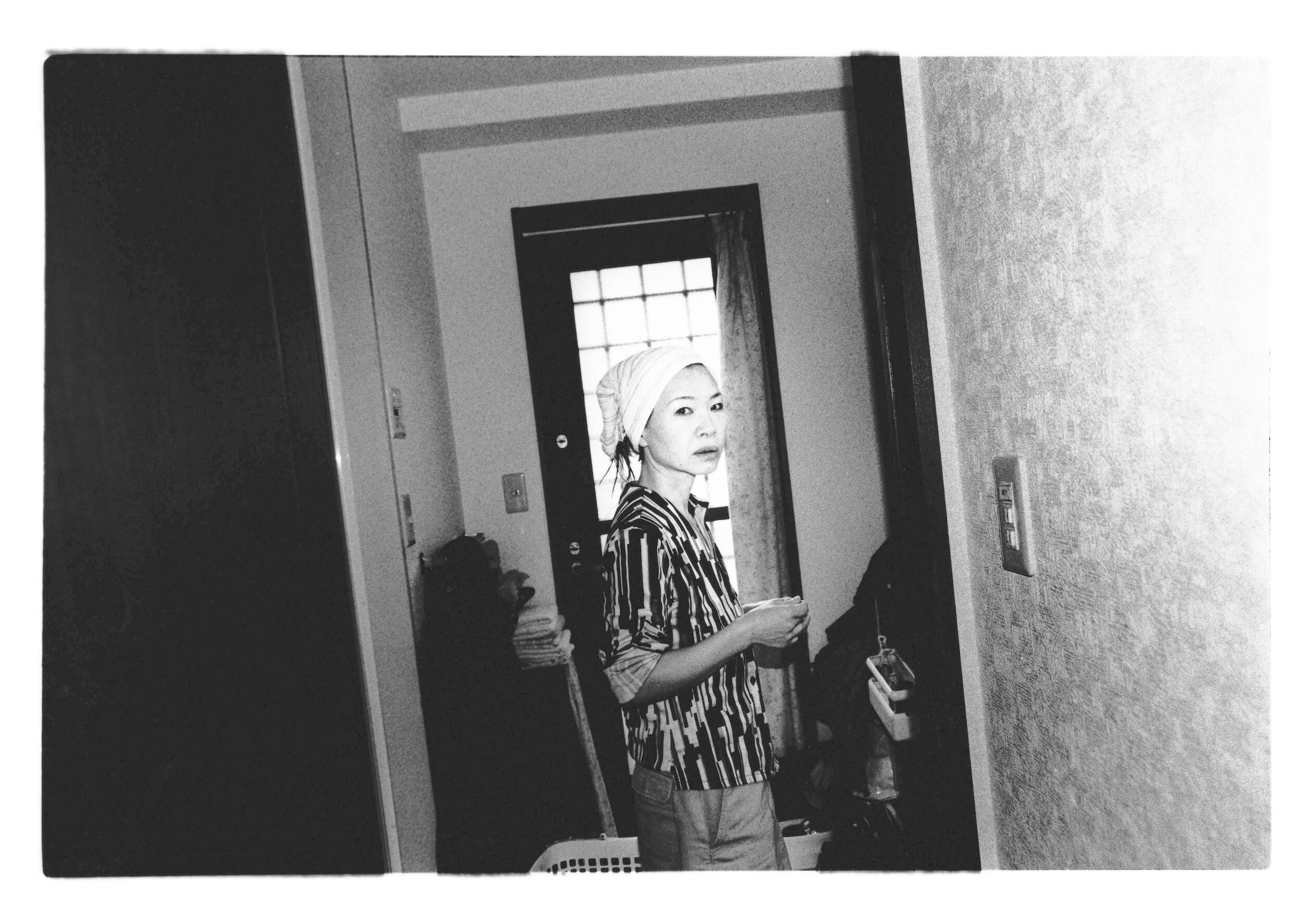
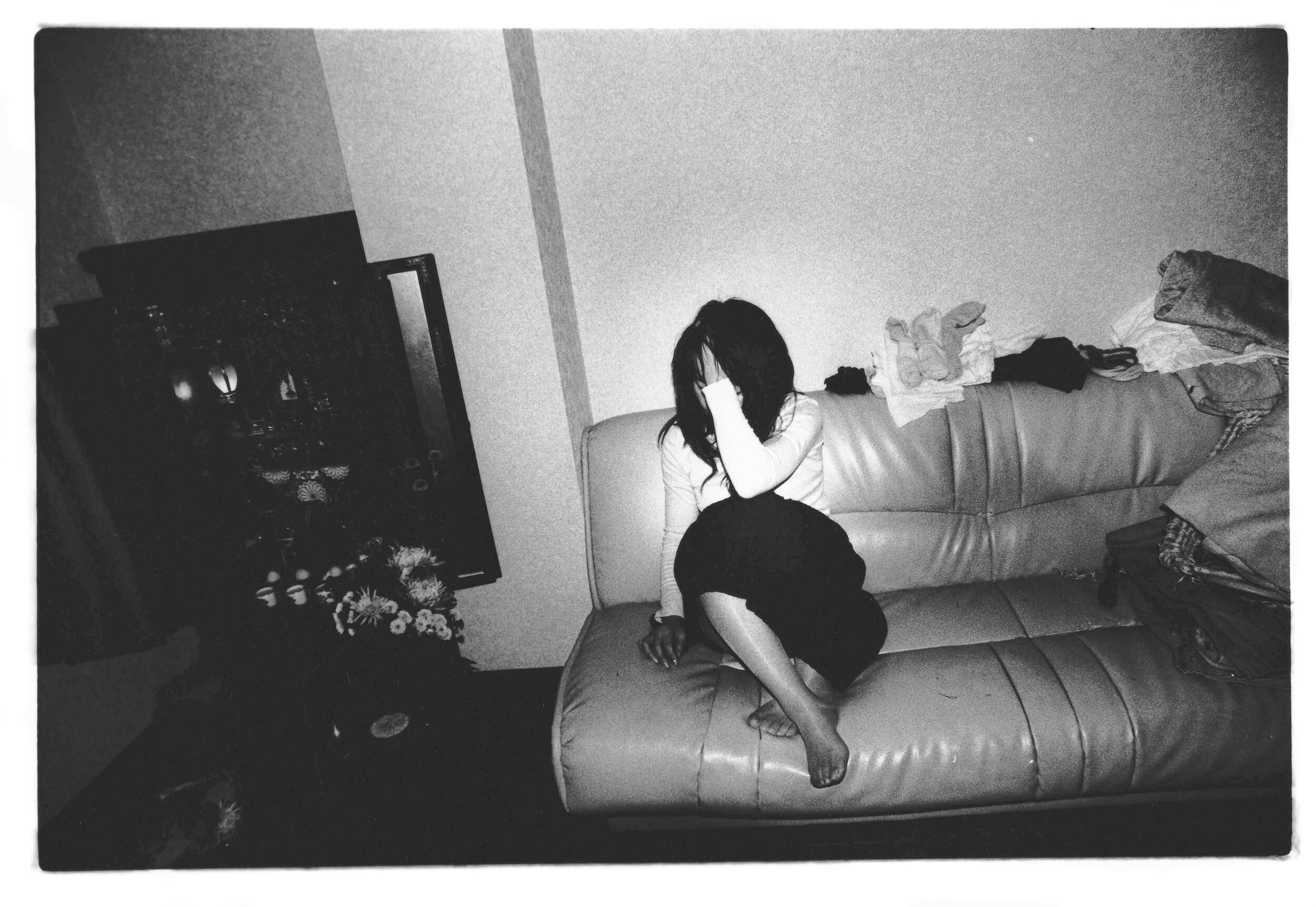
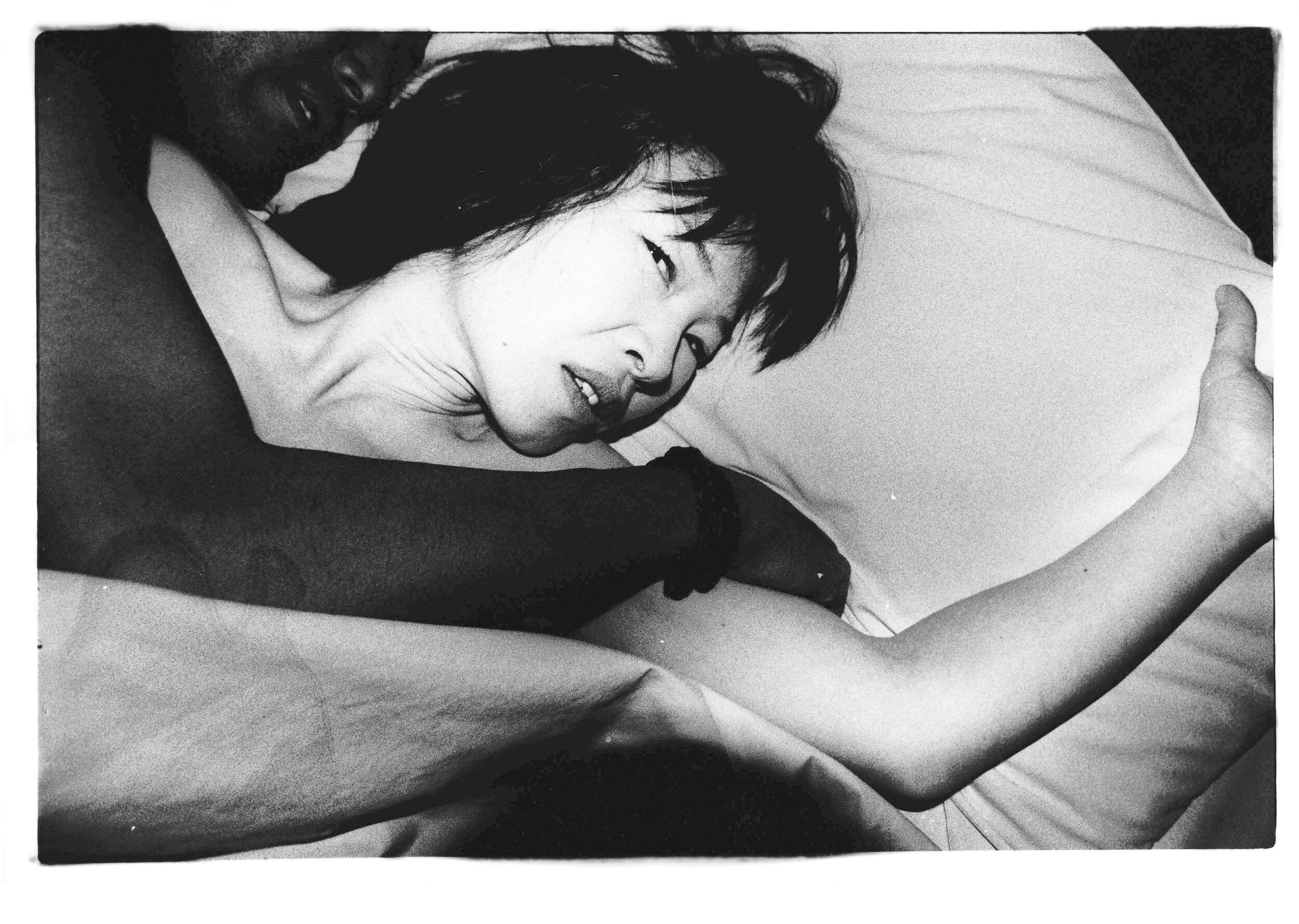
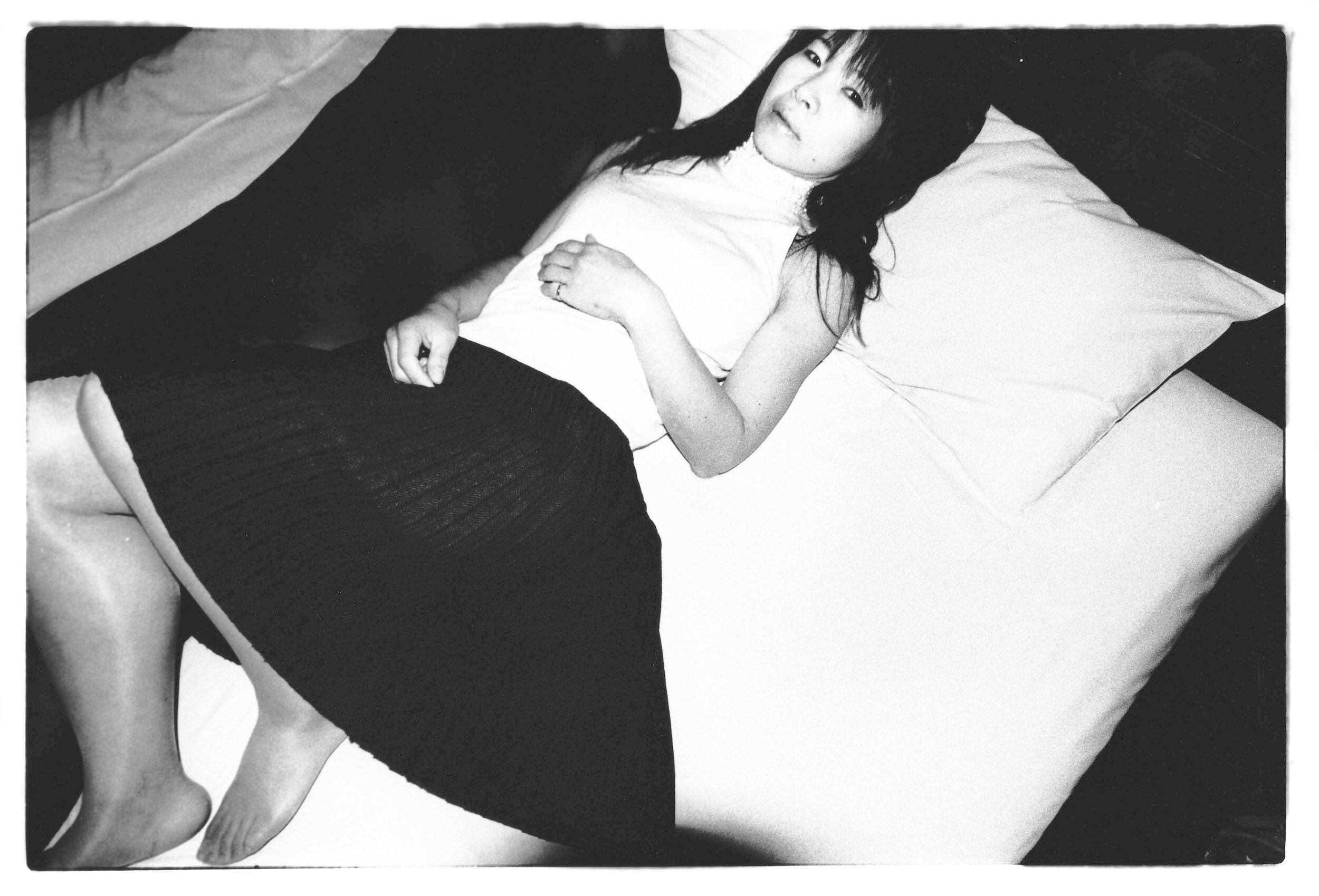
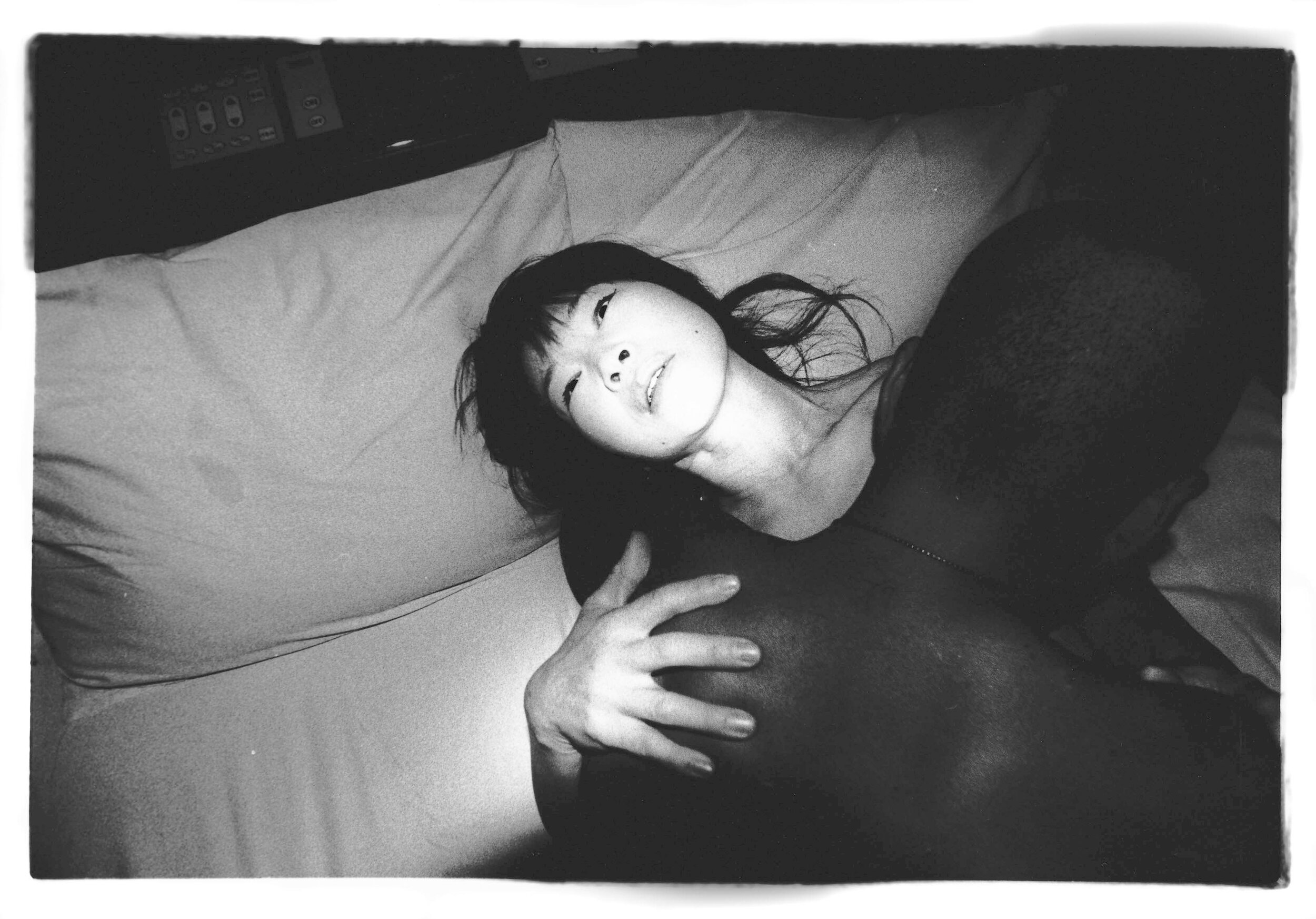
Mama Love © Hideka Tonumora
They call me Yukari, is a series during the time you worked as a hostess correct? Can you describe that experience as a hostess while photographing?
At that time I was working as a hostess in Kabukicho, Shinjuku. I hid a small camera in my pouch and took photographs as I was accommodating the clients. My encounter with these people who live and wander in the darkness of the nights gave me feelings of despair, but when that I look back at those times now, I felt it was a good experience to learn about human desires—the experience was engraved in my brain as unforgettable memories. The colors of the photographs are red because my body was sticking close to the flashlight. That redness is the color of my blood. Every day, I was living observing blood, desires and narrow form of darkness, something that I shouldn’t be looking into. I recorded those fluctuating days of redness and darkness with photographs.
Was your time as a hostess a result of the violence you experienced by your father?
I'm taking pictures of the story of paying off my father's debt. It is included in the first photo book "mama love".
They Call Me Yukari © Hideka Tonumora
Presently, you have been working on a new series, The Shining Woman Project, can you tell us more about this project? Do you focus on portrait of women?
This year, I found out I have cervical cancer. I was admitted into the Gynecology department of a hospital specialized in cancer. That’s when I found out there are so many women who are fighting cancer in their lives. Even if they lose their uterus, breasts, and hair they strive to live and continue to shine as a woman. I was deeply moved by their radiance—I felt as if I could witness how truly it is like to be a woman. Hoping to capture such radiance, I started the project to take portraits of women who are fighting cancer.
Please also refer to my statement for the project below:
SHINING WOMAN #cancerbeauty
For women, losing their wombs, breasts, and hair is extremely depressing.
Feelings of despair and madness.
Young women who dream of giving birth.
Women who are receiving infertility treatment.
Because of cancer, they are not only losing their uterus and breasts but are also losing their
dream of having their own child, at the same time.
The fear of losing female body parts bring them a premonition of death to femininity.
It feels like hell for them to accept their fears.
Still, women put on lipstick, nice clothes and wigs, and head out to their battlefield—the
outside world.
Verbal abuse and prejudice.
Unconsciousness can be really horrifying.
Disappointed in myself for hating people who use mean words,
while I may be unconsciously using mean words as well.
It can happen to me as a woman,
and to men, to their dear ones.
I want to change how people perceive female illnesses and cancer patients.
I want the world to become a place where women can live more comfortably so that they can continue to treasure their everyday life and feel free to go outside, without having to experience any verbal abuse just because they have lost their breasts, wombs, and hair.
Femininity is not determined by body parts.
Women can always turn despair into strength and continue to shine their beauty.
The true meaning of shining lies in the power we fight for our lives.
Women who dream to see their children grow up.
Women who dream to become an adult and fall in love.
The essence of life is always beautiful.
Anytime,
Anywhere,
Any case.
All women are shining and I will continue to capture their radiance.
—Hideka Tonomura
Such Beautiful words Hideka! I am also saddened to hear about your recent diagnosis. Have you documented yourself by photographing any scars or self portraits, while you were admitted?
I'm shooting at my hospital time. I had a camera in front of the surgery room, and after I had finished the operation and woke up, I immediately picked up the camera and took a photo.
Shining Woman © Hideka Tonumora
How often do you take photos?
For projects, I take photos of approximately 4 to 5 women per month.
But in general, I also take photographs daily because it is my lifework.
Do you have any upcoming exhibitions?

